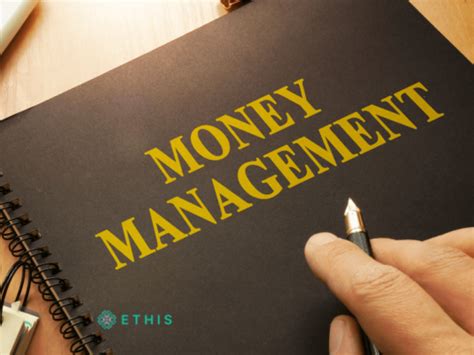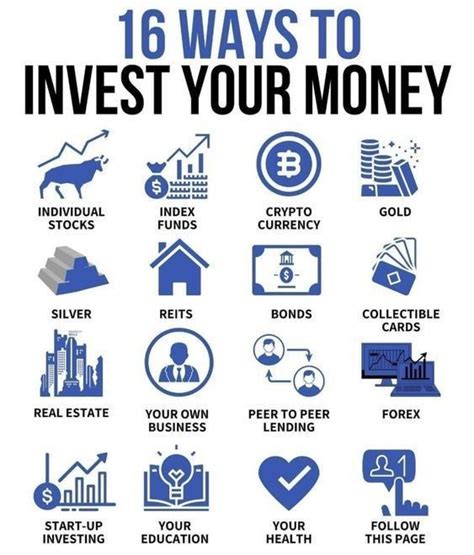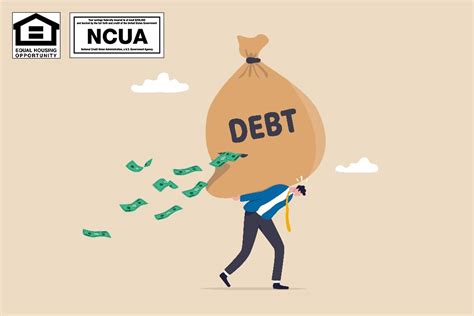The Age-Old Financial Dilemma: Debt vs. Retirement Investing
For many men, the path to financial security is fraught with choices, and few are as perplexing as deciding whether to aggressively pay off debt or prioritize investing for retirement. Both are crucial components of a healthy financial life, yet their immediate demands often seem to be in direct competition. Understanding which strategy to lean into first can significantly impact long-term wealth accumulation and overall financial well-being.
The Case for Aggressive Debt Payoff
The argument for tackling debt first, especially high-interest debt like credit cards or personal loans, is compelling. The interest rates on such debts can be exorbitant, effectively creating a negative return on any money you might otherwise invest. Every dollar you put towards a credit card with 20% interest is akin to earning a risk-free 20% return – a rate that’s hard to beat in the stock market.
Beyond the raw numbers, there’s a significant psychological benefit. Being debt-free, especially from consumer debt, can lift a heavy mental burden, reduce stress, and free up cash flow that can then be redirected towards investing. It provides a solid foundation from which to build wealth without the drag of ongoing interest payments.
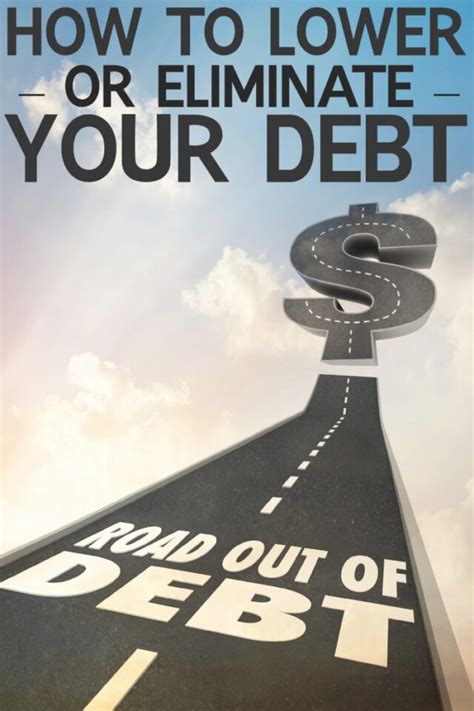
The Case for Prioritizing Retirement Investing
Conversely, delaying retirement investing comes with its own set of costs, primarily the lost opportunity of compounding interest. The earlier you start investing, the more time your money has to grow exponentially. Even small, consistent contributions made in your 20s can far outpace larger contributions made later in life, thanks to the magic of compounding.
Furthermore, many employers offer matching contributions to 401(k) plans. Failing to contribute at least enough to get the full match is like leaving free money on the table – an immediate, guaranteed return on your investment that you shouldn’t miss. Time in the market, not timing the market, is often cited as the most crucial factor for long-term investment success.
Finding a Balance: The Hybrid Approach
For most men, a purely black-and-white approach isn’t the most effective. A hybrid strategy often provides the best of both worlds:
- Build an Emergency Fund: Before anything else, establish a small emergency fund (e.g., $1,000) to cover unexpected expenses without going further into debt.
- Capture Employer Match: Contribute enough to your 401(k) or similar retirement plan to get the full employer match. This is free money and a guaranteed return.
- Tackle High-Interest Debt: Focus aggressively on paying off any debt with interest rates above a certain threshold (e.g., 5-7% or higher), such as credit cards, personal loans, or high-interest car loans.
- Increase Retirement Contributions & Invest: Once high-interest debt is gone, direct more funds towards maxing out retirement accounts (401(k), IRA) and other investment vehicles.
- Address Lower-Interest Debt Strategically: For lower-interest debts like mortgages or student loans, you can choose to either pay them off steadily while investing, or accelerate payments if it provides significant peace of mind or reduces overall interest paid.

Understanding Your Debt: Good vs. Bad
It’s also important to differentiate between ‘good debt’ and ‘bad debt’. Bad debt typically has high-interest rates, depreciates in value, and doesn’t generate income (e.g., credit card debt for consumer goods). Good debt, on the other hand, often has lower interest rates and can appreciate in value or help generate future income (e.g., a mortgage, student loans that lead to higher earning potential, or a business loan).

Psychological and Life Stage Considerations
Your personal comfort level with debt and your current life stage also play significant roles. A younger man with stable income might feel comfortable carrying some low-interest debt while investing aggressively due to the longer time horizon for compounding. An older man nearing retirement, however, might prioritize becoming completely debt-free to minimize fixed expenses and reduce risk in retirement.
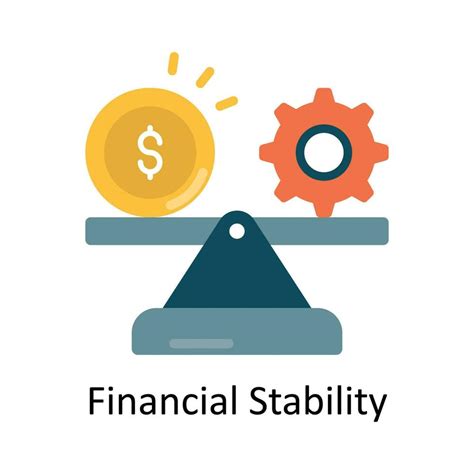
Conclusion: A Personalized Financial Strategy
There’s no universal answer to whether men should prioritize debt payoff or investing first. The optimal strategy depends on individual circumstances, including income, existing debt types and interest rates, risk tolerance, and long-term financial goals. By understanding the merits of each approach and considering a balanced, phased strategy, men can confidently build a robust financial foundation that addresses immediate concerns while securing a prosperous future.
